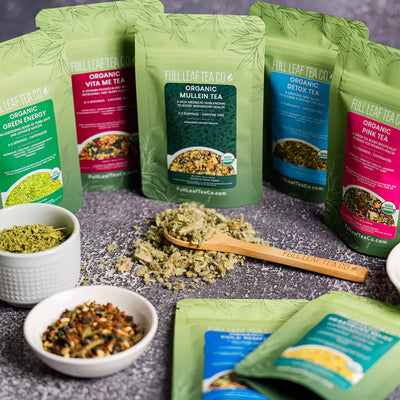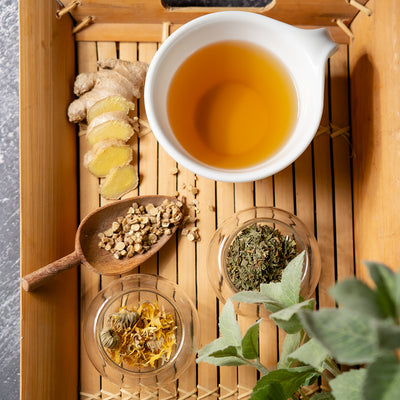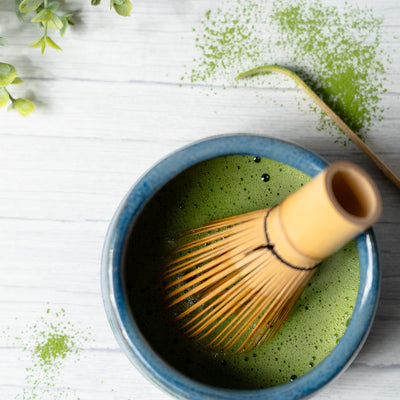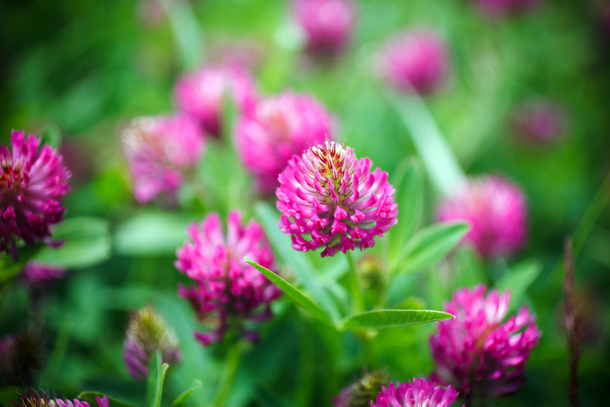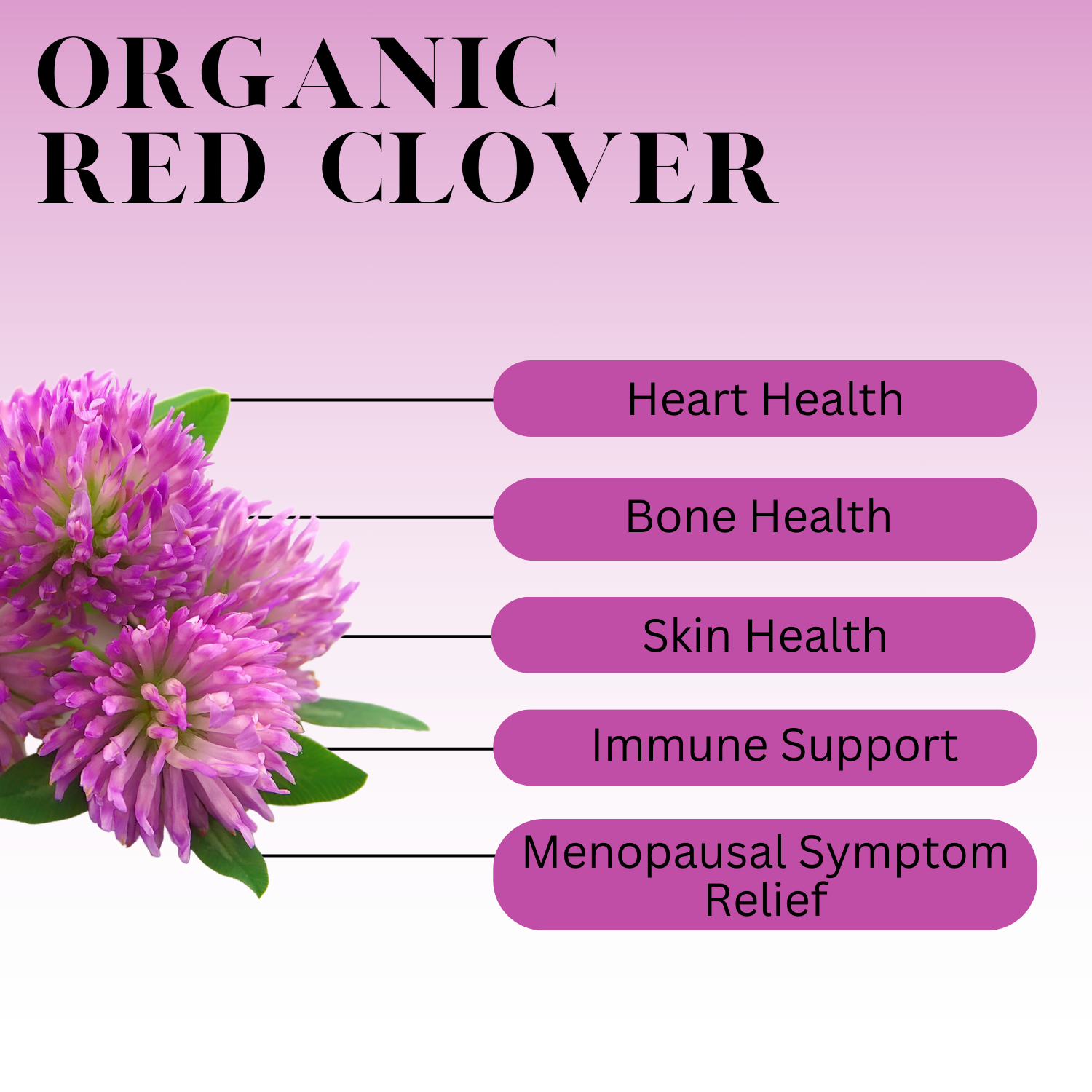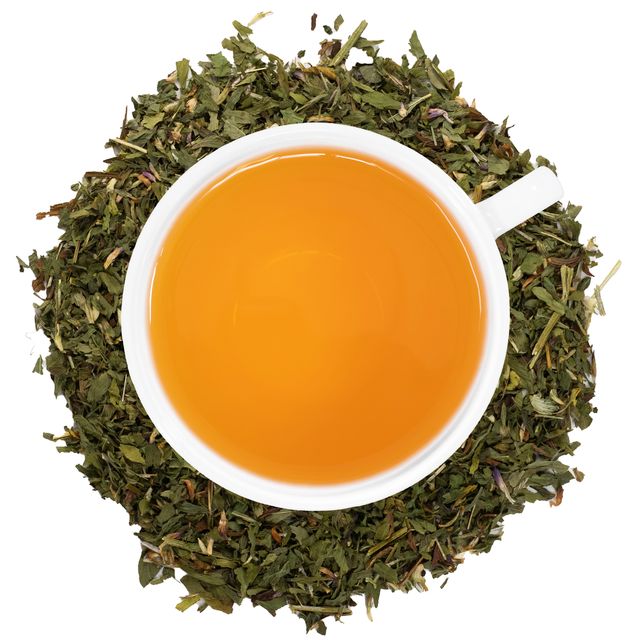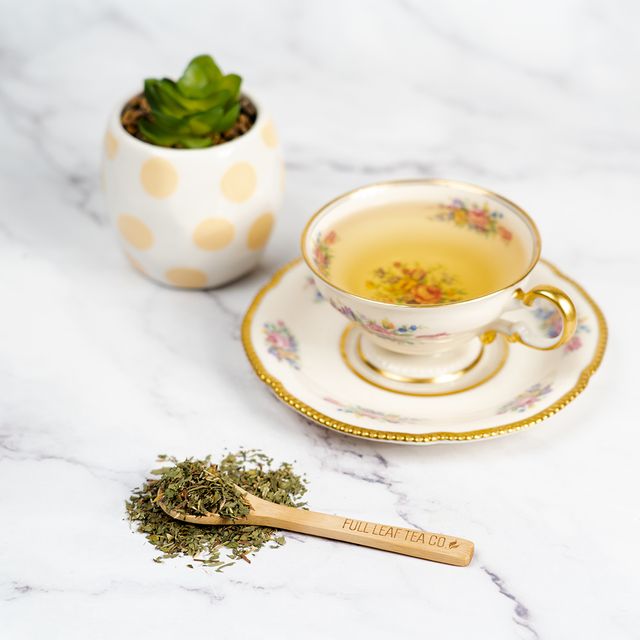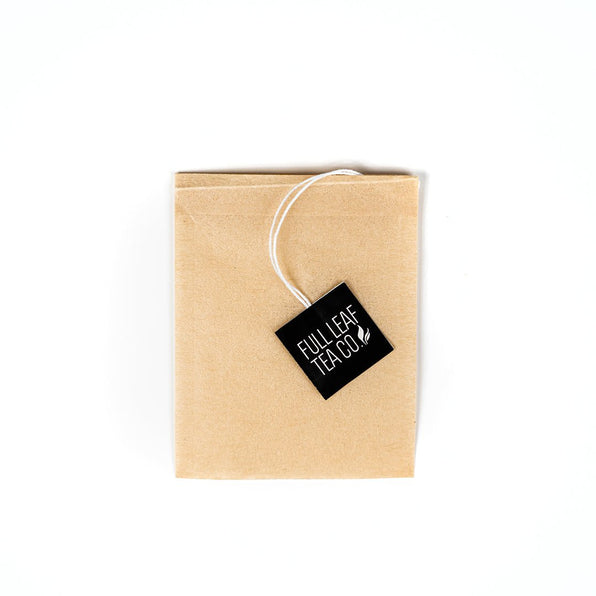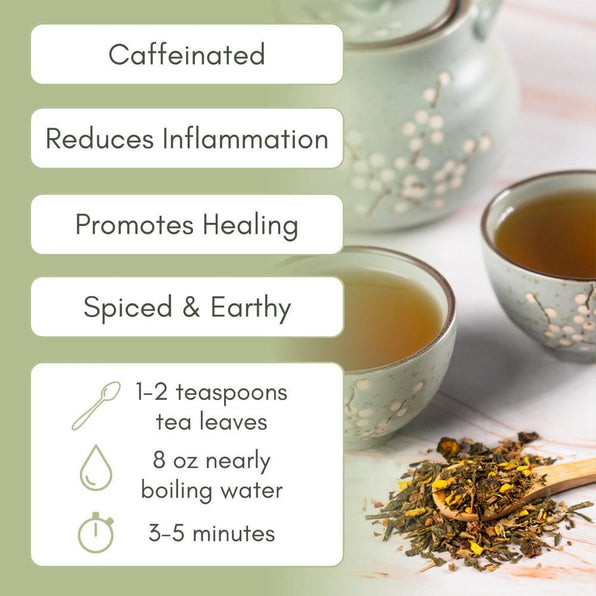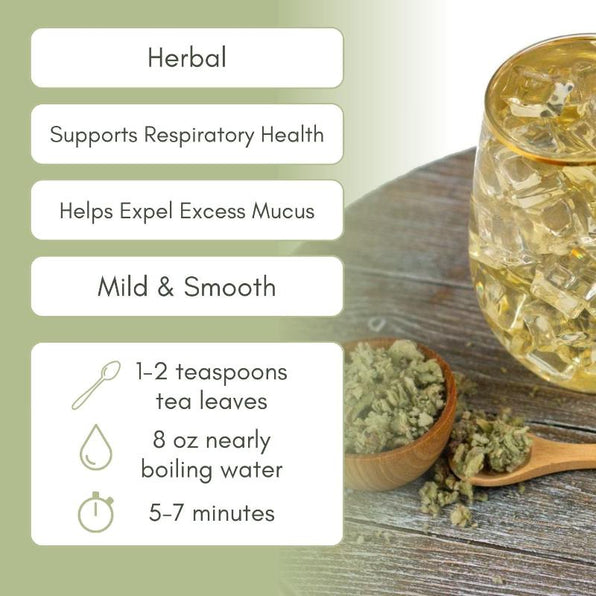What is Red Clover?
Red clover (Trifolium pratense) is a flowering plant native to Europe, Western Asia, and northwest Africa, but it is now found in many parts of the world. It belongs to the legume family and is recognized by its vibrant pinkish-red flowers and three-lobed leaves. Red clover has been used for centuries in traditional medicine and agriculture. It is known for its ability to fix nitrogen in the soil, which improves soil fertility and benefits other plants. As a medicinal herb, red clover is often used in teas, tinctures, and supplements for its various health benefits.
Historically, red clover has been valued for its potential to treat a wide range of conditions, from respiratory issues to skin disorders. The plant contains several bioactive compounds, including isoflavones, which are plant-based estrogens (phytoestrogens) that can mimic the effects of estrogen in the body. This makes red clover particularly beneficial for women's health, especially during menopause. Additionally, red clover is rich in vitamins and minerals, such as vitamin C, calcium, magnesium, and potassium, which contribute to its overall health-promoting properties.

